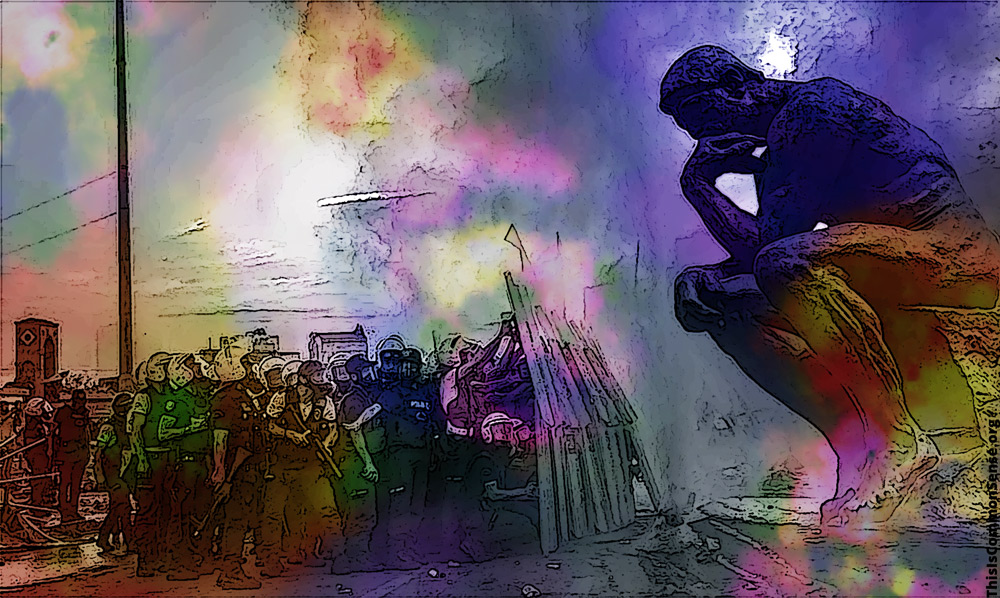Should government officials be free to violate the rights of others so long as they are doing their job at the time?
With impunity?
That’s the question that the Institute for Justice is arguing before the Supreme Court in Brownback v. King.
The case concerns James King, whom officers of the law mistook for a fugitive. When they grabbed his wallet and demanded to know his name, King ran, thinking he was being mugged. The officers pursued him and and then viciously assaulted him — nearly killing him.
Later, the government concocted bogus charges to try to force King to accept a plea bargain. The idea was to prevent him from suing the government for the way he had been treated.
King did not cooperate.
The problem? Many government officials in many circumstances have a get-out-of-prosecution-free card. The doctrine that confers this card is called “qualified immunity.”
In the 1982 case Harlow v. Fitzgerald, the Supreme Court opined that this immunity is warranted by “the need to protect officials who are required to exercise discretion” and “can be penetrated only when they have violated clearly established statutory or constitutional rights.”
In practice, however, the immunity being granted often seems more unqualified than qualified.
IJ’s premise is simple. “Government officials are not above the law,” says IJ President Scott Bullock. “Those who are charged with enforcing our nation’s laws should be more — not less — accountable for their unconstitutional acts.”
In a free society, police cannot brutally beat innocent people and get away with it. Can they?
This is Common Sense. I’m Paul Jacob.
—
See all recent commentary
(simplified and organized)

1 reply on “Not Above the Law”
“I cannot accept your canon that we are to judge Pope and King unlike other men, with a favourable presumption that they did no wrong. If there is any presumption it is the other way against holders of power, increasing as the power increases. Historic responsibility has to make up for the want of legal responsibility. Power tends to corrupt and absolute power corrupts absolutely. Great men are almost always bad men, even when they exercise influence and not authority: still more when you superadd the tendency or the certainty of corruption by authority. There is no worse heresy than that the office sanctifies the holder of it. That is the point at which the negation of Catholicism and the negation of Liberalism meet and keep high festival, and the end learns to justify the means. … Here are the greater names coupled with the greater crimes. You would spare these criminals, for some mysterious reason. I would hang them, higher than Haman, for reasons of quite obvious justice; still more, still higher, for the sake of historical science.”
— Lord Acton (John Emerich Edward Dalberg-Acton), Letter to Archbishop Mandell Creighton (April 5, 1887)